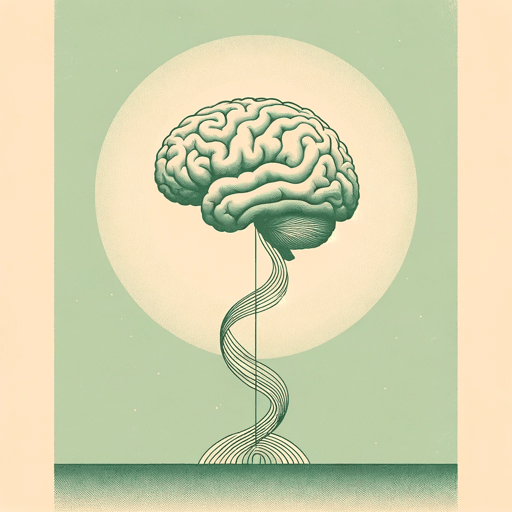46 pages • 1 hour read
Norman DoidgeThe Brain That Changes Itself: Stories of Personal Triumph from the Frontiers of Brain Science
Nonfiction | Book | Adult | Published in 2007A modern alternative to SparkNotes and CliffsNotes, SuperSummary offers high-quality Study Guides with detailed chapter summaries and analysis of major themes, characters, and more.
Important Quotes
“What we have learned by looking closely at neuroplasticity and the plastic paradox is that human neuroplasticity contributes to both the constrained and the unconstrained aspects of our nature. Thus, while it is true that the history of Western political thought turns in large part upon the attitudes that various ages and thinkers have held toward the question of human plasticity broadly understood, the elucidation of human neuroplasticity is far too subtle a phenomenon to unambiguously support a more constrained or unconstrained view of human nature, because in fact it contributes to both human rigidity and flexibility, depending on how it is cultivated.”
(Appendix II, Page 318)
This quote addresses one of the core tenants of The Brain That Changes Itself: the plastic paradox. The paradox theorizes the brain’s capacity to change can also make it more rigid, due to the brain processing information with efficiency if often exercised. Once it establishes this routine, it will avoid taking routes that are less efficient, which is why bad habits are difficult to break. Past philosophers underestimated the plastic nature of the brain by focusing on rigidity and dismissing instances of plasticity.
“This idea that all nature was like a vast mechanism, and that our organs were machinelike, replaced the two-thousand-year-old Greek idea that viewed all nature as a vast living organism, and our bodily organs as anything but inanimate mechanisms.”
(Chapter 1, Page 12)
Enlightenment ideals, which portrayed the brain as a machine bound to limitations, are largely responsible for scientists’ bias against neuroplasticity. However, this quote reminds readers that Western thought did not always portray the brain as unchanging: The bias is a product of specific circumstances that shaped the late-17th through 18th centuries in Europe.
“We all have some weak brain functions, and such neuroplasticity-based techniques have great potential to help almost everyone.”
(Chapter 2, Page 40)
Here, Norman Doidge points out every brain is different, each with its own strengths and weaknesses. In an ideal world, everyone would have the opportunity to find their weaknesses and overcome them with neuroplasticity-based exercises. This point is expanded in later chapters, where Doidge discusses how even the elderly can train their brains to remain more alert.

